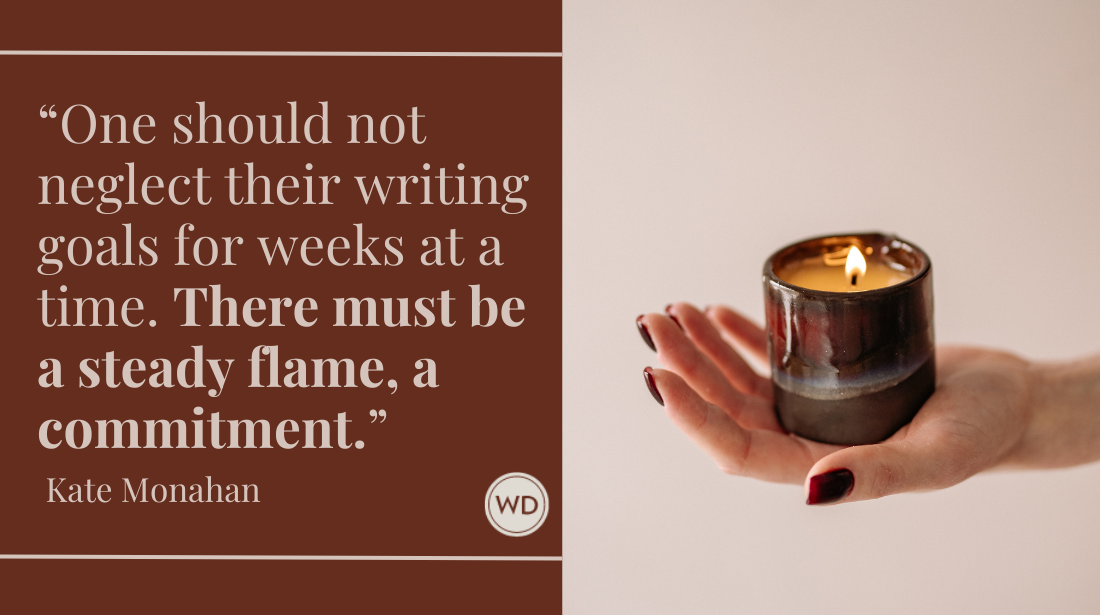5 for Friday: Knowing when a Novel or Story is Finished
I often struggle with knowing when a story is finished. Rarely am I completely confident that the line I’ve just written is the last one. It happens once in a…
I often struggle with knowing when a story is finished. Rarely am I completely confident that the line I’ve just written is the last one. It happens once in a while. You write a killer line and you just know it’s the story’s finale. But that doesn’t mean the story is done, finished… it may still need filling in, a paragraph here, more dialogue there. Finishing means that the story is as good as it is going to be, or rather—as good as you can make it. It’s hard to let stories go… Sometimes we have to make the choice, decide, and just stop. Sometimes, even though the story isn’t perfect, we have nothing left to say.
Howdo you know when you’re finished? When a story or novel is done?
Here are 5 writers’ thoughts on finishing…
1.Depending on the genre you’re writing in, there are different ways of establishing what we call closure. For instance, if you’re writing a very short piece, such as a poem or prose poem with a “miniature narrative,” you can actually print out variants of the work and have two or three or more endings. And you can read through them quickly and live with them for a few days or weeks and see, in a kind of dispassionate way, what seems best.
–Joyce Carol Oates
2.There are two points of exhilaration for me when I’m writing. There’s the point when I think, I’ve got something here and can keep going. And then there’s the point when I write the final word and, I say, “Okay, that’s done.” I once heard William Gaddis say he wrote long books because he didn’t like them to end.And I can understand that.The satisfaction of writing a book lasts longer than the satisfaction of finishing a book.
–Joanna Scott
3.I often describe my way of writing as using a divining rod. I mentally picture the fork-shaped branch and just try and let go and let it guide me. I think the story is off in one direction and then it will suddenly veer left and hit a spot I wouldn’t have expected. My endings come this way as well, driven by the emotion of the piece, and often sooner than I planned for.The hard part is going back and making the changes to the text so that it all bends properly in the right way—intersecting road signs, basically—so that when the end appears, the readers feel that they’ve arrived at the right place.
–Hannah Tinti
4.As Evan Connell is reputed to have said, “I’m done when I start to put back the commas I’ve just taken out.” In my own case, I’m finished with a book when I can’t think of a single thing more to do to it, or for it, or with it.
–Charles Baxter
5.In a very traditional way, I want an end to be dramatic in a localized sense, and I want it to be in some ways conclusive of the major concerns of the book that I just wrote. Knowing whether or not I’ve done that is also very intuitive. There is a sense to an ending in my practice that feels very full.I feel like all of the things that have been in the book up to now have sort of, in a sense, been fully terminated.
–Richard Ford
-From Off the Page, Writers Talk about Beginnings, Endings, and Everything in Between
edited by Carole Burns







